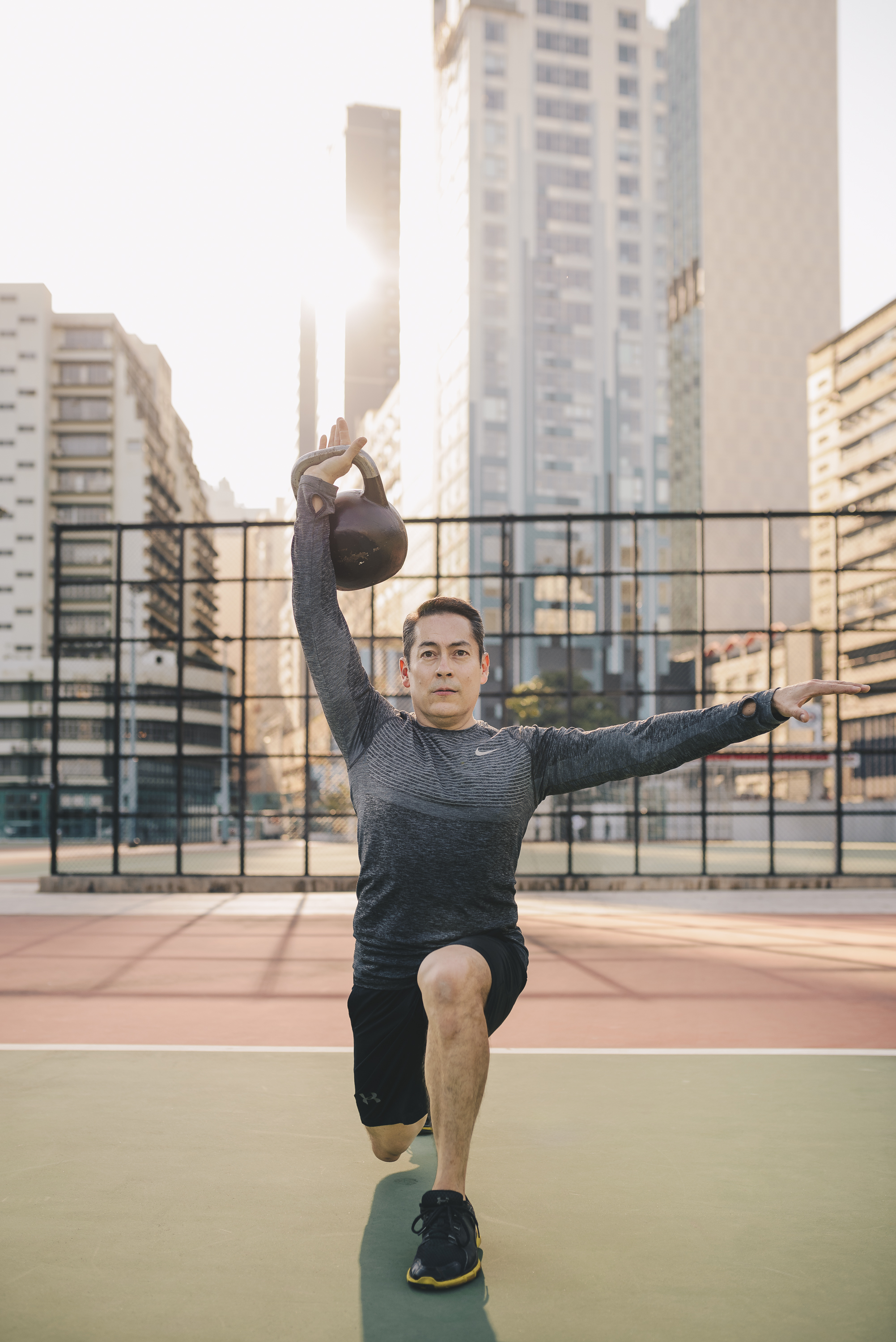08 May Work At A Desk? This Is What You Need
It’s easy to get into bad habits. Once your brain is focused on work when at a desk/laptop, how can you possibly stop your neck and back from slouching? There is a way. And it’s important to master it, as if you work at a desk for most of your day, you will – over time – likely suffer from pain in your neck and/or back, spend countless funds on physical therapy appointments and medication, suffer an injury when simply bending down to pick up your suitcase or endure chronic stiffness that effects your general day-to-day energy levels and posture.
Quite simply, the answer is not just to move more. It is to move better, and do that more often. What we mean is that many of us think that we can run or walk a few times a week on a treadmill or in the hills on the weekends, never pushing ourselves beyond our comfort zone, and that this is good enough. The truth is – yes. If you eat well, then it’s good enough – as far as maintaining basic heart health and weight goes.
But after years of office habitation, medical and fitness professionals have worked out one truism, and that is simply that strengthening your core – upper and lower back, abs, buttocks, thighs – will help you slump less and stay straight for longer, avoid injury, pain and basically, give you better quality of life. It doesn’t mean you can’t run/walk/hike, but it does mean that balancing that with weight training will help you live better for longer.
As Flex director Heather Thomas Shalabi says, this is “functional training”. It involves a balanced approach and complimentary training habits to your exercise plan, the same way you would visit the doctor for an annual health check up alongside taking daily supplements, having a massage and eating enough fresh fruit and vegetables. “If you really want to get out of what they call a plateau, that is, to move beyond what your body is comfortable with and work your muscles harder to ensure you can stay upright for longer and avoid pain and injury, then you need to have a balance in your exercise regime,” says new FLEXtreme director Andrea Ramirez.
“To be honest, most people don’t injure themselves when they’re in the gym. They do it when picking up a bag of shopping, or some other such minor move. So exercise for the functional aspects of life are so important. “And people who sit at desks a lot are particularly in need of this approach. They spend most of the day putting all their weight on their lower backs and over time, that affects posture and balance. There are proper, proven exercises to combat this, and simply doing one exercise is not going to fix the problem.”
Raul Bravo, a FLEXtreme instructor and long-time, highly experienced fitness trainer, says that hip flexors are also compromised by being a desk jockey, and if you are simply running, walking or doing sit ups, you’re not getting targeted weight training exercises that deal with proper placement of your body as you move.
“Running, for example, activates your lymphatic system, but it won’t help you improve your bone density or activate core muscles the same way that weight training can,” says Raul.
“In essence, you need to bring it all together. You need weight training and to release and open to let go of tight lumbar spine and hip flexors. You can’t get that from just running on a treadmill.”
At Flex, this is what we call complimentary and/or functional training and while it is particularly beneficial for office workers, it’s ideal for all people, no matter their age or fitness level.

Flex has never had so many class times or integrated methods on offer. FLEXtreme – our unique blend of Power (low cardio, weight training) Sweat (high interval intensity training) and TRX® Circuit Training – is now on offer at our NEW 4th Floor Central studio and our existing One Island South Studio.


